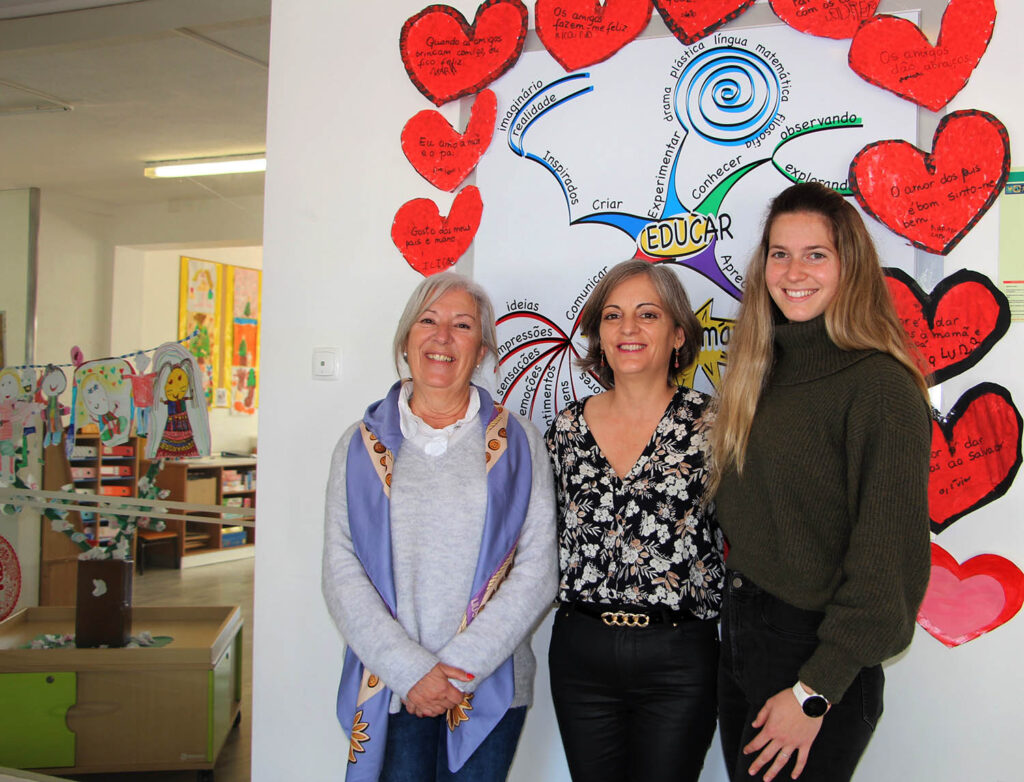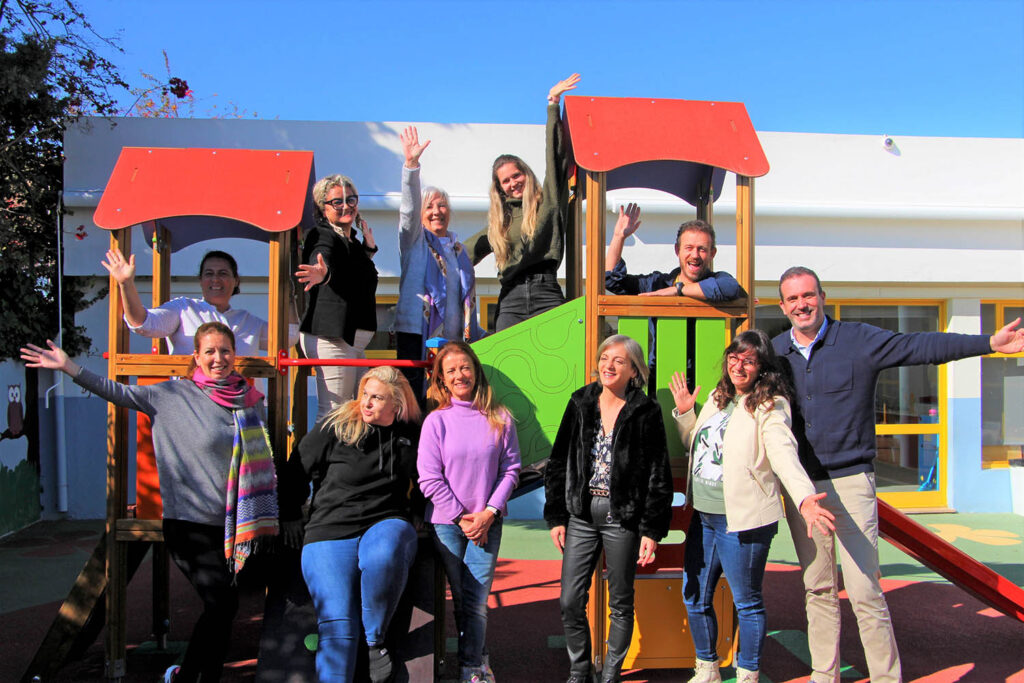The Colégio Internacional de Vilamoura (CIV) presented, on the 10th, 11th and 12th of February, at the IV International Congress of Pedagogy, in Braga, the results of an ongoing research project in Kindergarten, within the scope of Education for peace.
The meeting was organized by the Faculty of Philosophy and Social Sciences of the Braga Regional Center of the Portuguese Catholic University, by the Pontificia Universitá Gregoriana and Universidad de Duesto, and counts, for example, with the partnerships of the Center for Philosophical and Humanistic Studies and the Foundation for to Science and Technology.
The main objective of this congress was to “provide for the presentation and discussion of works and investigations on the place and role of Education in the promotion and implementation of social, cultural and political justice, as well as human rights in a critical and transformative perspective”, having brought together university researchers from Portugal, Spain, Brazil, Italy, Lithuania, Angola, Mozambique, and education professionals from pre-school, primary and secondary education institutions, as well as personalities from the national and international political scene.
At the plenary conference, which was attended by Ramos Horta (Nobel Peace Prize winner) and moderated by Professor João Duque, Ramos Horta proposed “a more committed investment in fraternity, solidarity, in the creation of truly democratic political projects”.
The communication “Education for Peace: the recognition of kindness in an open and multicultural educational environment”, presented by Colégio Internacional de Vilamoura, resulted from an action-research that involved all kindergarten teachers, music and English teachers, librarians, technicians and assistants, students and their families.
This action-research comes under the motto of the Educational Project “Educating for goodness” and aims to answer the initial question “How can the educational environment promote an education for Peace?”
The results of research being carried out in kindergarten, in a multicultural educational environment, where students and families from 24 different nationalities live together daily, clearly show that language and the cultural matrix do not constitute a barrier to peace and that the open educational environment , promoter of autonomy, responsibility, respect, mutual assistance, peer cooperation among all those involved in the educational process, constitute an inspiring example for children.
The transfer of learning to the family was also visible, through the use of terminology and concrete actions, such as greater empathy and care for others or care for nature and animals. “It follows, therefore, that, as argued by Thomas Lickona, children's capacity for kindness is born with them”, stresses the CIV.
The teams verified, however, that it is necessary to cultivate it throughout life and from an early age so that it is possible to bear fruit in the future society.
Invoking the wisdom of Gandhi: “There are no paths that lead to Peace, Peace is the path”, so the school has an absolutely essential role in the transformation of society.





















Comments